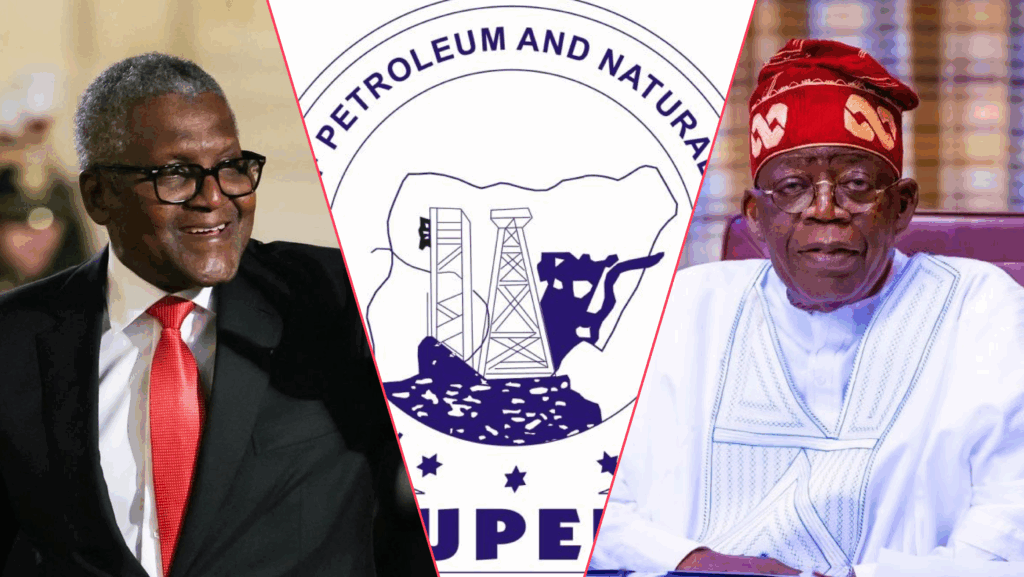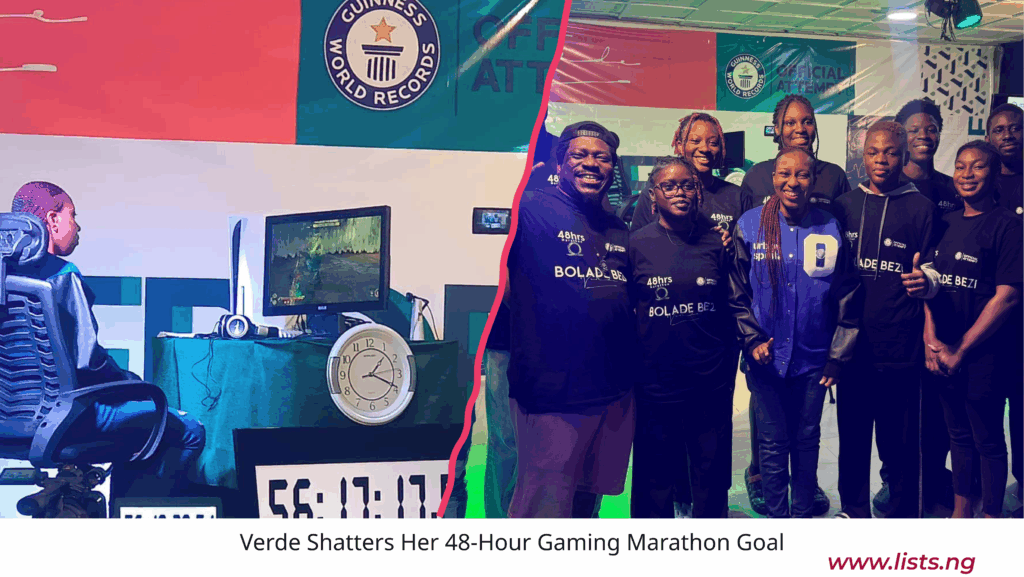You’ve probably been seeing Dangote and NUPENG all over your social media, with headlines about strikes, fuel prices, refinery drama and it just feels like a lot. Dangote Petroleum Refinery has a dispute with NUPENG’s tanker drivers, and it’s hitting every Nigerian’s wallet and commute.
Here’s a quick rundown of everything you need to know to stay in the loop of this dispute.
1. What is even going on?
The Dangote Petroleum Refinery, a $20 billion facility in Lagos, is Africa’s largest oil refinery with a capacity of 650,000 barrels per day. It began producing petrol in September 2024 after years of delays, aiming to end Nigeria’s reliance on imported fuel. The dispute with the Nigeria Union of Petroleum and Natural Gas Workers (NUPENG) erupted in early September 2025 when NUPENG’s Petrol Tanker Drivers (PTD) branch threatened a nationwide strike over alleged anti-union practices. This includes claims that the refinery denies drivers the right to unionise and plans to deploy 4,000 compressed natural gas (CNG)-powered trucks, potentially sidelining unionised workers. A brief strike on September 8 halted fuel loading, but a Memorandum of Understanding (MoU) was signed on September 9. On September 17, the National Industrial Court in Abuja issued an interim injunction barring NUPENG from strikes or disruptions, pending a hearing on September 23.
2. What does NUPENG want?
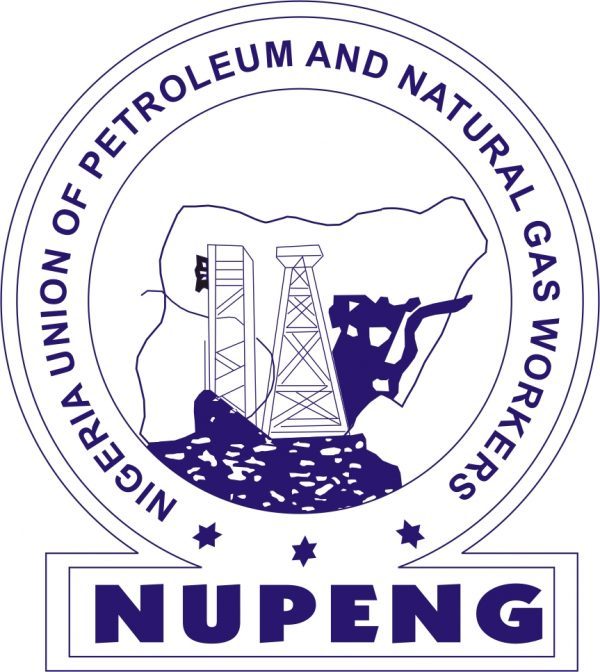
NUPENG wants the union membership of tanker drivers to be recognised in order to protect jobs, wages, and rights. They accuse Dangote of “slavery-like” conditions by refusing union affiliation and deploying CNG (compressed natural gas) trucks that could eliminate roles for thousands of drivers. NUPENG demands compliance with labour laws, no victimisation of union members, and involvement in fuel distribution to prevent job losses and maintain dues collection.
3. What does Dangote want?

Voluntary unionisation without compulsion, allowing the refinery to use its own logistics (via MRS Oil) and CNG trucks for efficient, direct fuel distribution. This bypasses middlemen to lower costs and stabilize supply. Dangote denies anti-union claims, calling the dispute a NUPENG internal issue, and seeks uninterrupted operations to protect its investment.
4. What does the law say?
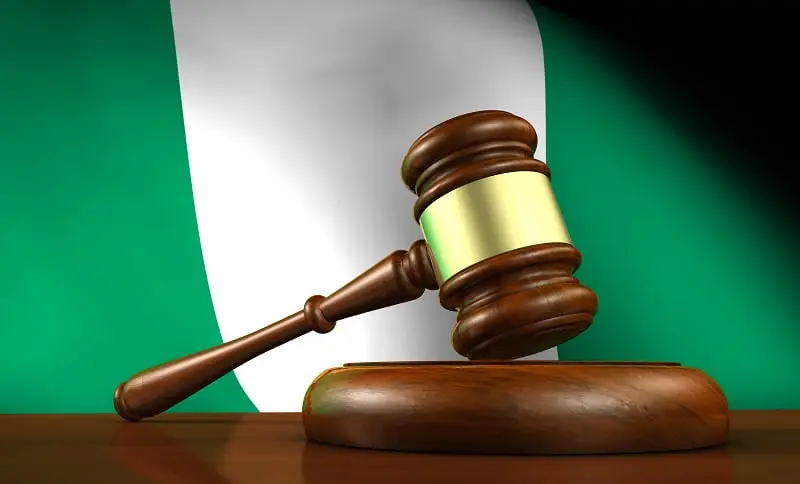
Nigerian labour laws and International Labour Organisation (ILO) conventions affirm workers’ right to voluntary unionisation without coercion. The MoU signed on September 9 reinforced this, requiring implementation within two weeks. The court’s September 17 injunction restrains NUPENG from actions that disrupt operations, citing potential irreparable damage, and maintains the status quo until the September 23 hearing.
5. The government’s position
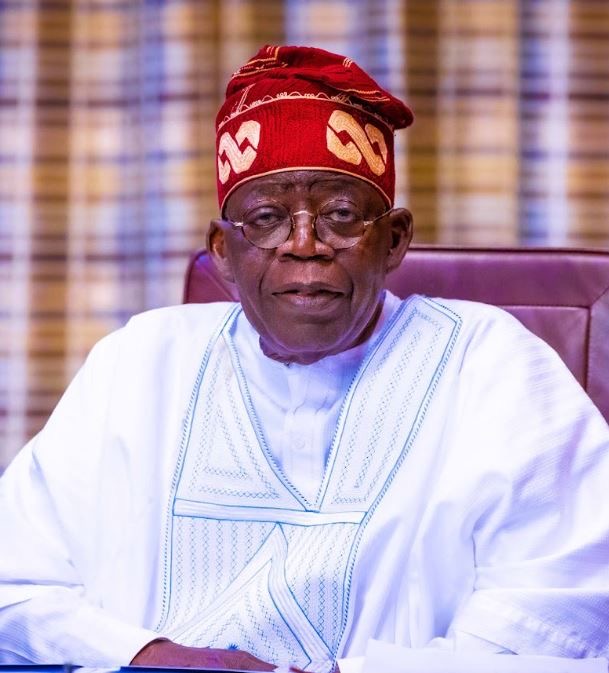
President Tinubu ordered the Department of State Services (DSS) to mediate the Dangote-NUPENG dispute to prevent fuel shortages. The DSS, alongside the Labour Ministry, facilitated the initial MoU, with follow-up talks on September 12-13 to enforce it. NUPENG, however, barricaded the refinery on September 10-11, accusing Sayyu Aliu Dantata, MRS Oil’s Managing Director and Dangote’s cousin, of violating the MoU by pushing non-union trucks. The government backs deregulation and local refining for economic stability but calls for dialogue, viewing strikes as risks to Nigeria’s energy security.
6. How does all this affect you?
Well, if the strikes return, you’ll face fuel shortages, making filling your car costlier than ₦841-₦851/litre, hiking your transport with inflation. Refinery blockades will clog the Lekki-Epe Expressway, trapping you in Lagos traffic. More imports could weaken the naira, hitting your savings. Drivers you know might lose jobs, but a resolution could lower fuel prices.
What do you think? Follow Lists NG on Facebook, Instagram, X, and TikTok for more updates.

